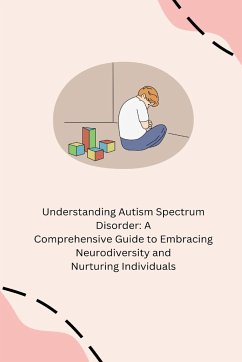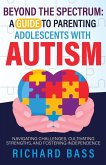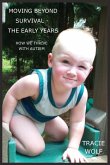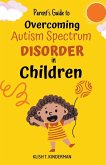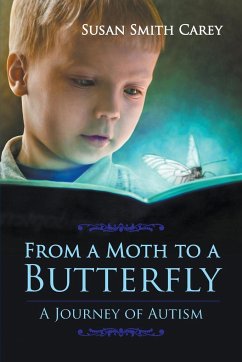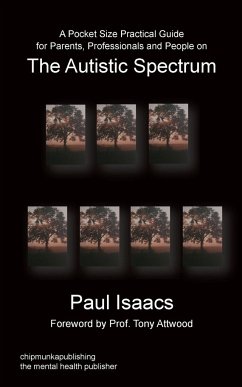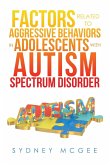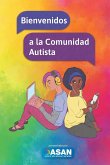Students diagnosed with Autism Spectrum Disorder are almost twenty percent less likely than their non-autistic peers to graduate college (White et al., 2017). The diagnosis of Autism Spectrum Disorder, or ASD, can be a significant facet of personal identity for many individuals on the spectrum. Due to this, disclosure of diagnoses can be a deeply personal decision and can be situational. Because college-age students on the spectrum are forming an identity concerning their diagnosis (Bent et al, 2016; Cox et al., 2017), peer social distancing behaviors are an important factor in student confidence and academic success. Researchers completed this study to determine if social distancing behaviors of college students were influenced by a disclosure of Autism Spectrum Disorder. Students from a medium-sized southeastern university were recruited as participants. They rated their perceptions of an ostensible student described as exhibiting behaviors characteristic of Autism Spectrum Disorder and their behavioral intentions towards the student. Participants also indicated their knowledge of and stigma toward Autism Spectrum Disorder. Self-reported social distancing behaviors toward a peer on the spectrum did not depend on diagnosis disclosure. Diagnosis disclosure also did not impact gender identity and knowledge level of participants or social distancing behaviors. Finally, social distancing behaviors or knowledge did not depend on whether participants indicated a self-diagnosis or a close family member or friend's diagnosis. Future research should continue to review social distancing based on disclosure in college populations, and this area of research should prioritize genuine representation and inclusion of individuals with Autism Spectrum Disorder. Keywords: autism spectrum disorder, identity development, college students, higher education, educational experiences, diagnosis disclosure
Hinweis: Dieser Artikel kann nur an eine deutsche Lieferadresse ausgeliefert werden.
Hinweis: Dieser Artikel kann nur an eine deutsche Lieferadresse ausgeliefert werden.

